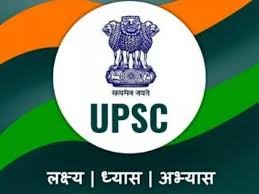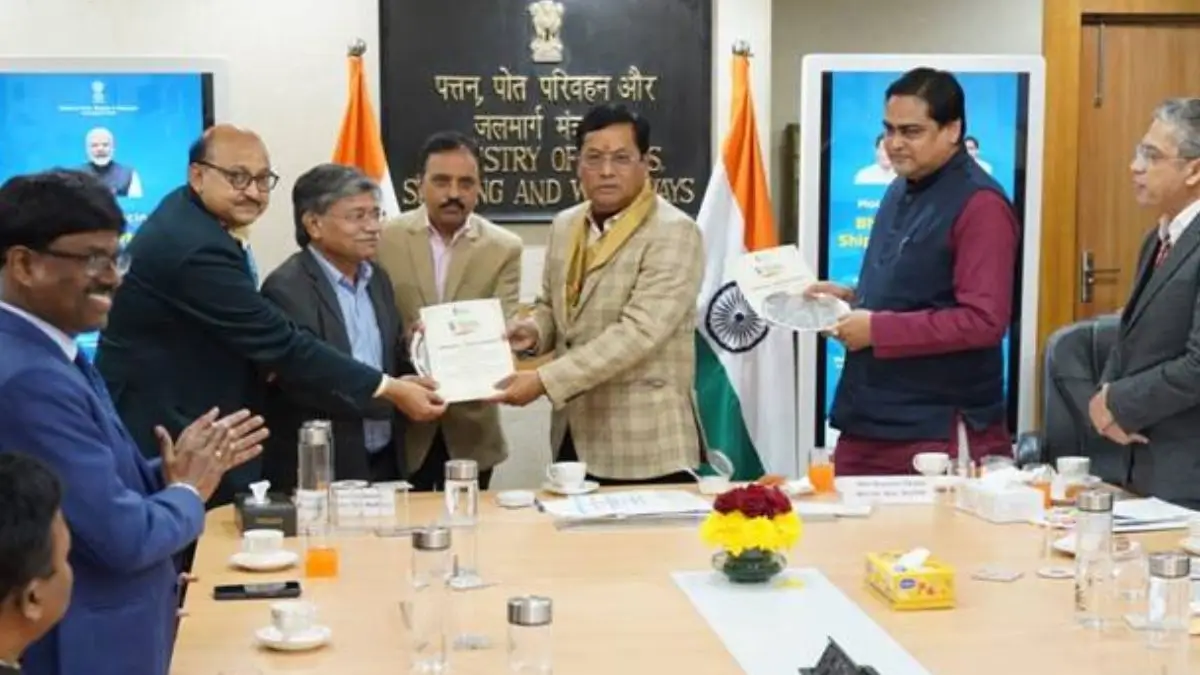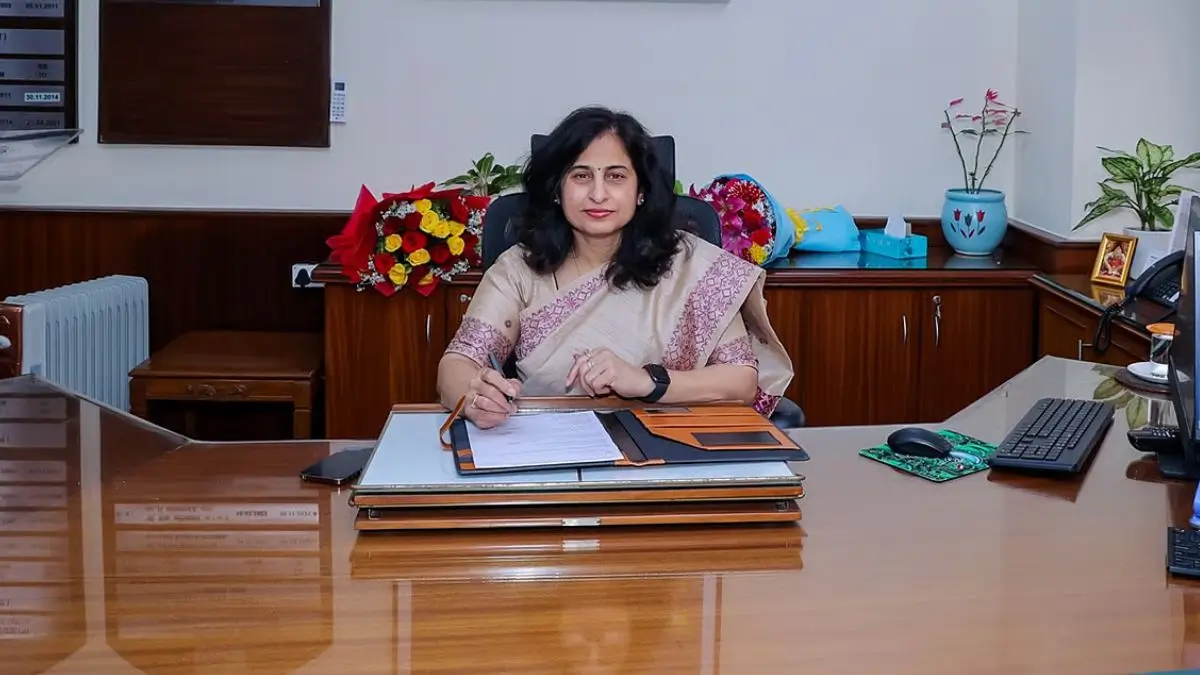UPSC Chairman: Eligibility, Tenure, Salary, Powers, and Functions
Introduction to the UPSC Chairman Role
The Union Public Service Commission (UPSC) is a key constitutional body in India, responsible for conducting examinations for appointments to the civil services. The role of the UPSC Chairman is crucial in ensuring the integrity and efficiency of these examinations. This article delves into the eligibility criteria, tenure, salary, powers, and functions of the UPSC Chairman.
Eligibility Criteria for UPSC Chairman
The eligibility criteria for the UPSC Chairman are stringent to ensure that only individuals with impeccable credentials hold this prestigious position. A candidate must have a minimum of 10 years of experience in government service or in an academic or judicial capacity. This experience is crucial for understanding the complexities of civil service examinations and appointments.
Tenure of the UPSC Chairman
The tenure of the UPSC Chairman is defined by the Constitution of India. The Chairman can serve a term of six years or until the age of 65, whichever comes earlier. This fixed tenure ensures stability and continuity in the functioning of the UPSC.
Salary and Perks of the UPSC Chairman
The UPSC Chairman enjoys a salary equivalent to that of the Chief Election Commissioner of India. As of the latest updates, this salary is around ₹2.5 lakh per month. In addition to the salary, the Chairman is entitled to several perks and allowances, including official accommodation, medical facilities, and travel allowances.
Powers and Functions of the UPSC Chairman
The powers and functions of the UPSC Chairman are extensive. The Chairman oversees the entire process of civil service examinations, from the preliminary stages to the final interviews. Additionally, the Chairman is responsible for advising the government on matters related to personnel management and recruitment policies. This role includes making recommendations on promotions, transfers, and disciplinary actions.
Conclusion
The role of the UPSC Chairman is pivotal in maintaining the standards and integrity of civil services in India. The eligibility criteria, tenure, salary, and functions of the Chairman are designed to ensure that only the most qualified and experienced individuals hold this position, thus contributing to the effective governance of the country.

Why This News is Important
Impact on Civil Services Aspirants
Understanding the role and functions of the UPSC Chairman is essential for civil services aspirants. This knowledge helps them appreciate the processes and standards upheld by the UPSC, which in turn motivates them to prepare diligently for the examinations.
Relevance to Government Exam Preparation
For students preparing for various government exams, knowledge about the UPSC Chairman’s role and responsibilities is relevant. It provides insights into the administrative machinery of the country, which is often a part of the exam syllabus.
Insights into Governance and Administration
The article sheds light on the governance and administrative functions of the UPSC, an important aspect of India’s political and administrative systems. This understanding is crucial for candidates appearing for exams like IAS, IPS, and other civil services.
Historical Context
Establishment of the UPSC
The UPSC was established on October 1, 1926, as a constitutional body under the Government of India Act 1935. It was designed to ensure impartiality in the recruitment process for civil services, a mandate that continues to this day.
Evolution of the UPSC’s Role
Over the years, the role of the UPSC has evolved to include advisory functions related to recruitment, transfers, and disciplinary matters. The establishment of clear guidelines for the Chairman’s role is part of this evolution, ensuring that the highest standards are maintained in civil service appointments.
Significant Reforms and Changes
Significant reforms, such as the introduction of the Civil Services Aptitude Test (CSAT) and changes in the interview process, have been implemented under the guidance of successive UPSC Chairmen. These reforms are aimed at making the recruitment process more transparent and merit-based.
Key Takeaways from “UPSC Chairman: Eligibility, Tenure, Salary, Powers, and Functions”
| Serial Number | Key Takeaway |
|---|---|
| 1 | The UPSC Chairman must have a minimum of 10 years of experience in government service, academia, or judiciary. |
| 2 | The tenure of the UPSC Chairman is six years or until the age of 65, whichever is earlier. |
| 3 | The UPSC Chairman’s salary is approximately ₹2.5 lakh per month, along with various perks and allowances. |
| 4 | The Chairman oversees the entire civil service examination process and advises the government on personnel management. |
| 5 | The UPSC was established in 1926 and has evolved to maintain high standards in civil service recruitment. |
Important FAQs for Students from this News
1. What are the eligibility criteria for becoming the UPSC Chairman?
The eligibility criteria require a candidate to have a minimum of 10 years of experience in government service, academia, or the judiciary.
2. How long is the tenure of the UPSC Chairman?
The tenure of the UPSC Chairman is six years or until the age of 65, whichever comes earlier.
3. What is the salary of the UPSC Chairman?
The salary of the UPSC Chairman is approximately ₹2.5 lakh per month, along with various perks and allowances.
4. What are the primary functions of the UPSC Chairman?
The primary functions include overseeing the civil service examination process and advising the government on personnel management, recruitment policies, promotions, transfers, and disciplinary actions.
5. When was the UPSC established?
The UPSC was established on October 1, 1926.
Some Important Current Affairs Links

















